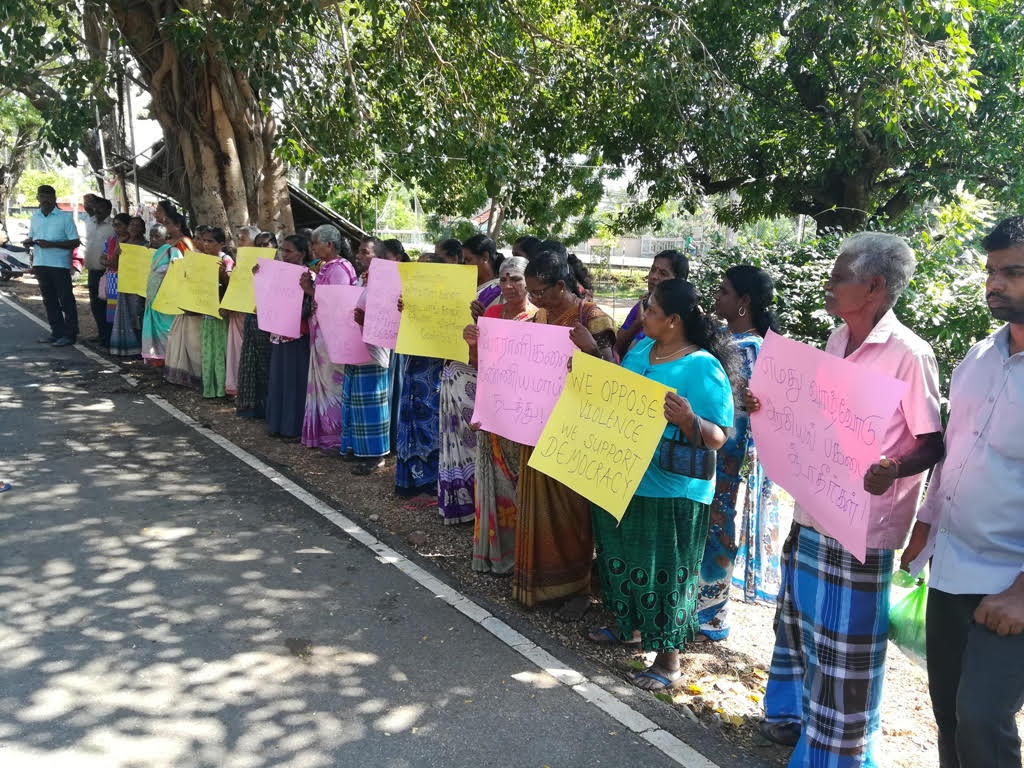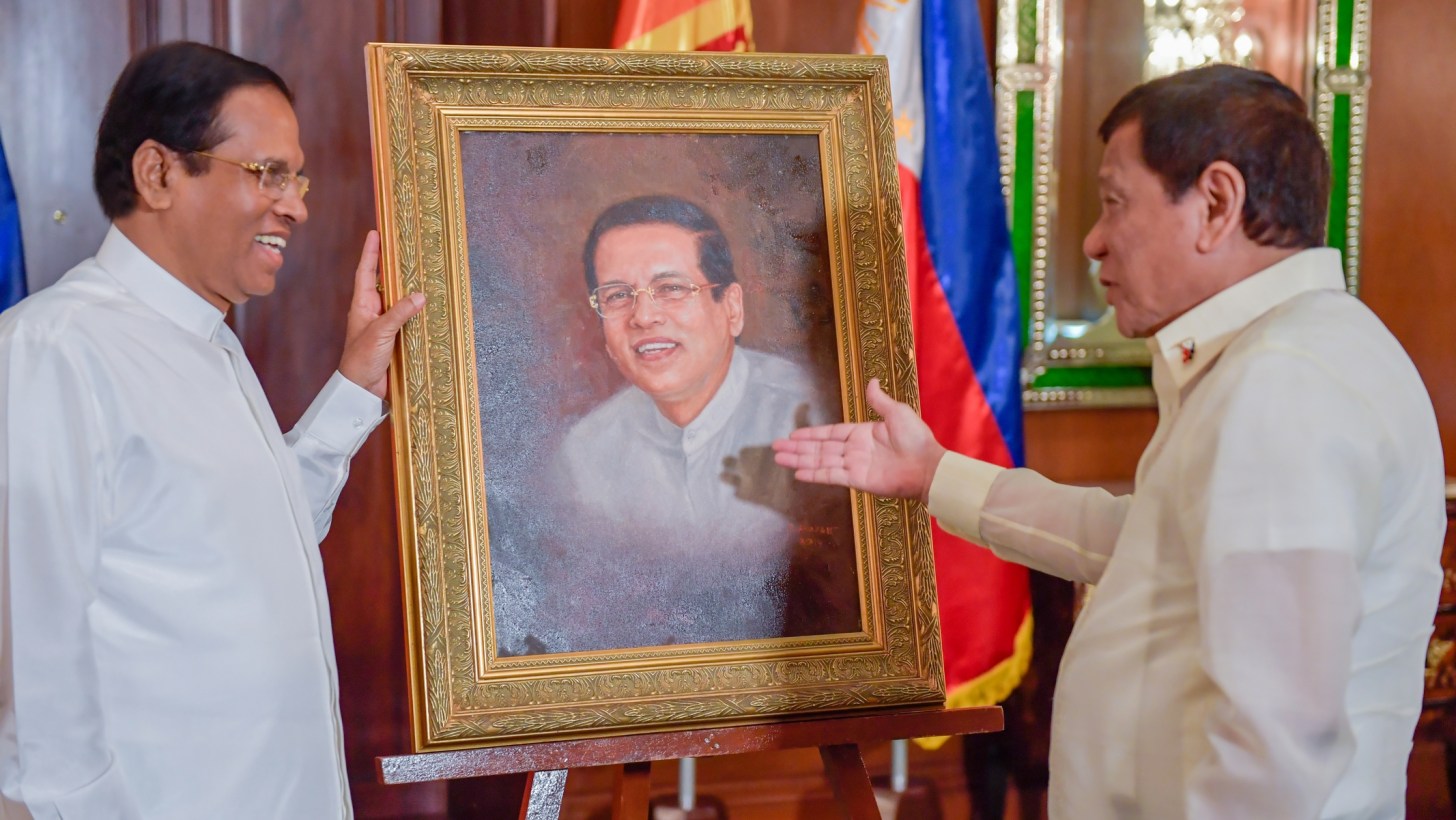![]()
Sri Lankan Opposition leader, Sajith Premadasa, has called for the reinstatement of the death penalty for “terrorists and drug dealers”.
The call for reimplementing the death penalty, which has currently been on a hiatus for the past 44 years, follows discussions between Sri Lanka’s Justice Minister, Ali Sabry and Premadasa on the removal of constitutional checks within the 20th amendment.
“The death penalty should be brought as regards to those who engage in terrorists’ activities and those who engage in drug trafficking and that is the stance of the SJB”, maintained Premadasa, leader of the Samagi Jana Balawegaya (SJB). The SJB currently holds 54 out of 224 seats in parliament.
Sabry questioned the commitment of his party stating that;
“your own party men have gone before the Supreme Court against the reimplementation of the capital punishment”.
Premadasa responded maintaining that:
“We [the SJB] do not have a personal standpoint. We have party standpoints”.
Harassment of former cadre

(2018 protests in Batticaloa)
Since the end of the armed conflict, Sri Lanka’s military has maintained a heavy presence in the North-East and routinely subject former cadre to harassment and intimidation.
In December 2018, following the arrest of the former cadre, widespread protests broke out across Batticaloa against a pattern of harassment and intimidation of former LTTE cadre as well as Tamil politicians.
That month also saw a former Tamil National Alliance (TNA) MP for Batticaloa was subjected to over three hours of questioning by Sri Lanka’s Criminal Investigation Department (CID) over the murder of two policemen.
“Intelligence forces already operate in a way that intimidates former fighters in the North-East and surveillances their everyday lives,” said TNA MP, Charles Nirmalanathan.
This statement followed comments from Sri Lankan army commander, Mahesh Senanayake, which claimed that there was no threat to national security as they held all information about rehabilitated LTTE cadres.
During the 2020 parliamentary election campaign, the SJB further maintained that “there will be no room for separatism”.
Sirisena’s ‘War on Drugs’

As early as July 2018, then-President Sirisena has discussed reintroducing the death penalty to “replicate the success” of President Rodrigo Duterte’s so-called drug war in the Philippines. This has sparked intense criticism from over a hundred human rights organisations who stand opposed to the death penalty.
In 2018 Giada Girelli, a human rights analyst for HRW warned;
“There is no evidence that the death penalty is a deterrent to the drug trade. President Sirisena is making a cynical political move that will violate international human rights law and turn Sri Lanka into a pariah”
Since the election of President Gotabaya Rajapaksa, Kamal Gunaratne, and accused war criminal, has been appointed as the country’s Defence Secretary and has taken a hard-line on drugs. His promise to “eradicate the drug menace” follows the establishment of a Presidential Task Force (PTF) that provides Sri Lanka officials with a worryingly broad mandate to tackle the drug menace whilst also failing to illustrate clear lines of accountability.
Read more Island lk here
We need your support
Sri Lanka is one of the most dangerous places in the world to be a journalist. Tamil journalists are particularly at threat, with at least 41 media workers known to have been killed by the Sri Lankan state or its paramilitaries during and after the armed conflict.
Despite the risks, our team on the ground remain committed to providing detailed and accurate reporting of developments in the Tamil homeland, across the island and around the world, as well as providing expert analysis and insight from the Tamil point of view
We need your support in keeping our journalism going. Support our work today.
For more ways to donate visit https://donate.tamilguardian.com.

